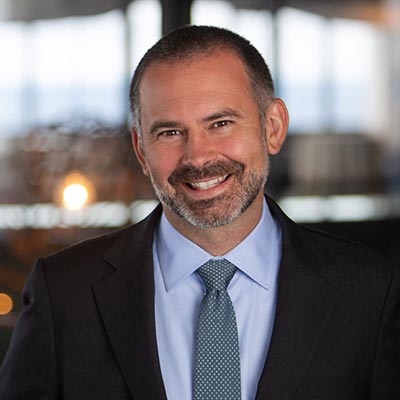
Hi - I'm Jason. I am an attorney who practices law in San Francisco, California. I represent survivors of sexual abuse and help people find justice caused by the negligence of others. My team and I are ready to help you.
Judge Aaron Persky has been recalled from the Santa Clara County Superior Court through a ballot initiative, the New York Times reports. Judge Persky sparked international outrage after sentencing Brock Turner, a former Stanford student who sexually assaulted an unconscious woman, to just six months in county jail, despite the pleas of prosecutors who had asked for seven years in prison. Persky is the first California judge to be recalled in over 8 decades.
Instead of following the recommendation of California State prosecutors, Persky took his pointers from the Santa Clara County probation office, issuing a sentence that millions around the world considered unjustly lenient.
Turner was released from jail after only 3 months. At the same time, the assault survivor’s vocal fight for justice (she described her trauma and pain in a blistering public letter to Judge Persky) has been pinpointed as one of the key sparks that set off the #MeToo movement a year later. The two graduate students who found and stopped Brock Turner as he was thrusting himself on the woman behind a dumpster (then held him down until police arrived) have been hailed as heroes.
And California’s legislature acted decisively, too. In two bills passed shortly after Turner’s case came to light, California approved a measure that will require defendants convicted of assaulting unconscious victims to serve time in state prison, despite growing skepticism over mandatory minimum sentences.
California sex assault survivors will also be allowed to say they were raped in court, even if the crime’s characteristics don’t actually meet California’s legal definition of rape.
With an increase in sexual abuse at college, our sexual abuse lawyers from Abuse Guardian have provided educational information here.
Throughout the furor, Judge Persky stood defiant. In a May 2018 interview with the Associated Press, Persky struck out at the campaign for his ouster as “fundamentally unfair” (a complex legal case, Persky argued, couldn’t be reduced to a handful of hashtags) and, moreover, bad for the judiciary.
“The problem with this recall,” Persky said, adding that he had no regrets, “is it will pressure judges to follow the rule of public opinion as opposed to the rule of law.” After the scandal erupted, Persky asked to be taken off criminal cases. Behind Persky’s lofty pronouncements, according to Stanford Law professor Michele Dauber, is a “clear pattern of bias.”
Dauber, who has served as the recall campaign’s public face, says a careful analysis of Persky’s record reveals “a preference for male defendants accused of sexual misconduct, especially athletes.”
Other experts, including retired Superior Court judge LaDoris Cordell, have disputed Dauber’s characterization. Santa Clara County District Attorney Jeff Rosen also disputes the idea that Persky is biased against assaulted women; “there is no pattern of abuse or bias,” Rosen told NBC News; “this was one bad decision, not a pattern.”
And a California State agency that reviews cases of judicial misconduct cleared Persky in 2016, finding that he had not abused his position in sentencing Turner to six months of jail time. Dauber says the California Commission on Judicial Performance’s opinion is “one-sided,” the result of a “closed-door procedure.”
For more information on related cases, visit: Barry Wolfe, Former AAU Girls Basketball Coach, Charged For Sexual Abuse In Illinois
But an astonishing number of prominent attorneys and academics in California agree with Persky’s contention that removing him from the branch will threaten judicial independence. In an opposition statement signed by 91 law professors, including 30 from Stanford, legal experts across the ideological spectrum argue that, while Persky’s sentencing decision was “controversial,” it was also perfectly “lawful.”
Even more troubling, the professors continued, recall efforts often have an undesirable and unintended consequence. After one judge is stripped of his or her position after rendering a contentious opinion, other judges are pushed “towards sharply ratcheting up sentences.”
Brock Turner certainly deserved a harsher sentence than six months in county jail. But if we push judges toward harsher penalties, and make their employment contingent on punitive sentences, we could get more punitive judges than we want. That’s especially bad, the professors point out, for poor defendants and people of color.
Dauber rejects this argument, too. “There is no such thing as an elected official independent of the electorate,” she told reporters, suggesting that, if voters lose confidence in a judicial official, they have every right, if not an obligation, to fire that person.


